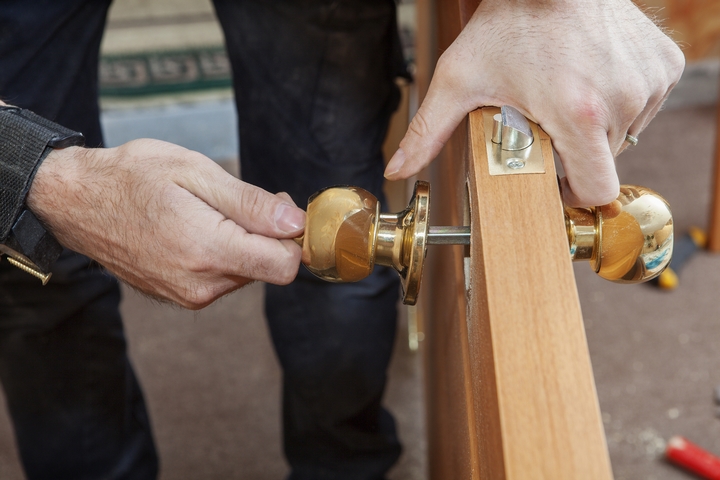
After installing new locks or when safeguarding older locks, it is important to take care of them just as you do any other working parts of a residence or office. A lock may seem inconsequential and long-lasting, but it can wear down over time and cause unexpected and unwanted problems. While locksmith services are always helpful, here are a few tips to give your locks longer life before requiring professional attention.
1. Proper Use

Locks are designed to keep doors and windows secure. When these fixtures are open, the lock should remain unfastened, and when the fixtures are closed, you may want to secure the locks for security. Slamming a door or window to close it, jerking the lock mechanism manually beyond what is necessary, and clicking the lock mechanism needlessly add wear and tear to these security devices, accelerating their deterioration.
2. Tamper-Free

Avoid getting locked out of your car, home, or office by placing an extra key in a confidential location to be used if needed. While no one intends to lock the keys in a building or vehicle, many people do – some more than others, and this may require an emergency visit by law enforcement or a Toronto locksmith to provide access. Because the lock will need to be sprung if you don’t have the key, this procedure runs the risk of damaging the lock or surrounding area, like a car door. Don’t let children play with door locks or stick problematic substances into them, such as pencils, pens, gum, candy, or glue, among others. Toying with the lock by introducing these items can damage the lock.
3. Occasional Maintenance

When cleaning your home or vehicle, don’t forget to check the locks. Look for signs of wear or corrosion from usage, especially outdoor locks in bad weather. Locks should be kept clean and free of alien substances, including food, beverages, cosmetics, and other things that may cause problems within the spring of the lock or any of its parts. You can put a little alcohol on a cotton swab and wipe it around the lock opening to remove any sticky or dirty residue. Check to see what the key is made of, probably metal, and find out an acceptable solution for cleaning it. Wipe your keys clean frequently to avoid gummy buildup that can lead to messy locks that will eventually become unusable.
4. Replace as Needed

If your key breaks or the lock becomes loose or broken, do not keep on using it. This is the time to contact a professional locksmith for assistance. Chances are the lock will need to be repaired or replaced.
Effective locks keep homes and possessions safe. Take care of yours.